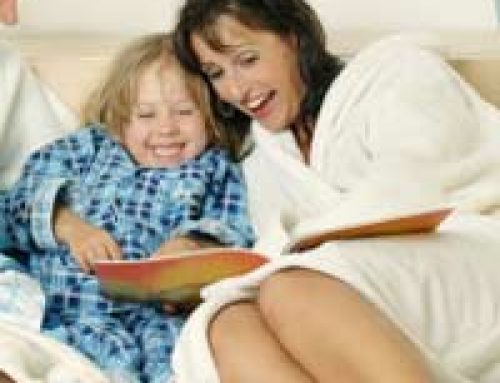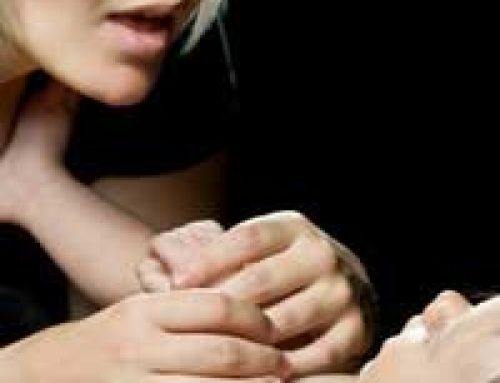
As they grow and get older, children develop in a number of ways. Two of these ways are socially and emotionally and here we look at exactly how they change and become more aware of social and emotional issues and how they interact with the rest of the world.
Emotional Development
When a baby is first born, they have little sense of their own independence and think of themselves as part of their parents. They may begin to develop a degree of independence at around four months, but it’s not until the age of about seven months old that a baby fully realises that they’re in fact independent from their mother or primary carer and have a separate identity of their own.
It’s a big step for a baby to realise they have their own separate identity and often brings with it an emotional response, such as feeling anxious or crying, especially when you’re not there. You may find, for example, that your baby starts crying if you leave the room or leave him with a childminder, when previously he’s been fine. His emotional response can be quite extreme, as he may think you’re leaving him for good.
It’s often hard for a baby to learn that when you leave him in a room or with someone else, it doesn’t mean that you’re leaving him completely. At this stage, they can be very grizzly and clingy, and this is a natural reaction to separation anxiety. But as a child grows and develops, they will come to the understanding that this isn’t permanent and that they can cope with it and they begin to control their emotions more.
Sometimes the emotions felt by a child can be overwhelming and they’re not sure how to handle them. This could come out as a display of crying, frustration or having a tantrum. You can help your child by responding to their emotions patiently and with empathy, rather than getting cross with them – although there may be moments when you need to discipline them. Research suggests that children who are more at ease with their own emotions are more confident and better placed to deal with experiences later in life.
Social Development
A baby is developing socially from birth. In the first year of life, a baby reacts well socially towards his parents and is quite adaptable, often being happy to be held by different people, but feeling fully comfortable when back in the arms of mum or dad. He’ll also enjoy exploring his own abilities, how his body and reflexes work and what he can do.
Although you can put babies or toddlers together in the same room, they may not interact together all that much. This is because, at a young age, children aren’t all that interested in interacting with other babies. But by the time they reach the age of two years old, their socialisation skills will begin to kick in. At first he still won’t be fully comfortable with sharing his toys, but he is intrigued by the possibility of playing with other peers and it’s definitely beneficial for children to get the chance to do so.
Attending playgroup, nursery or various mother and toddler groups is great for introducing your child to other children and for encouraging them to play. Although they may want to play exclusively on their own in the play house at first, through regular interaction with other children, they will start to learn that playing with other children is fun and can have its benefits too. To a certain extent, it’s a process of trial and error, but play leaders can help facilitate the process.
Social and emotional development are linked in many ways. For example, a child won’t automatically have the skills of being a good friend or being able to empathise with others, but as they socialise more and build up vital experience, these emotional skills will emerge and develop too. Social and emotional development isn’t completed quickly – children, and often adults, continue to develop socially and emotionally as they grow up and experience more of life.





Leave A Comment